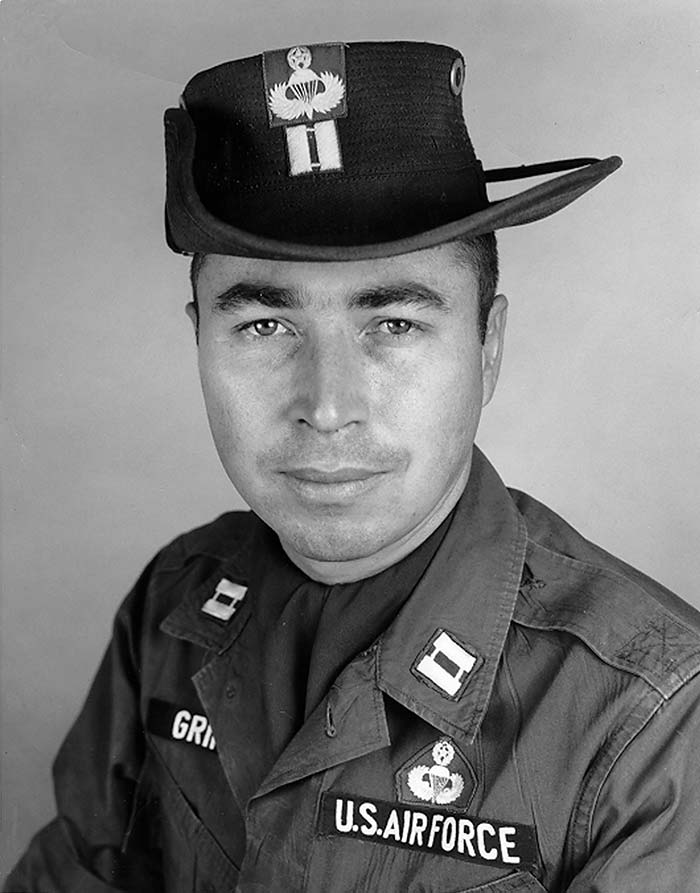YorkVol
Well-Known Member
- Joined
- Apr 2, 2010
- Messages
- 19,028
- Likes
- 4,539
Is there a Military History thread already? I searched but couldn't find one.
I thought it would be interesting to post articles and items regarding our military history. I know there are a lot of history buffs on VN and figured this was better than arguing along the same political lines all the time.
The attached article sparked my interest this morning. I used Combat Weather Teams from the Air Force my entire career and had the good fortune of having the same "Weather 6" across a couple of assignments. He and his team were worth their weight in gold. The guys in this article are the best of the best, both from a warrior stand point as well as "no BS I need a weather window to get in/out of a situation now" perspective. But even with my experience with these guys and my interest in all things military history, even the obscure, I had never heard of Keith Grimes. He is a certified bad arse in my book. Anyway, enjoy, discuss etc.

Send in The Weathermen - NBC News
I thought it would be interesting to post articles and items regarding our military history. I know there are a lot of history buffs on VN and figured this was better than arguing along the same political lines all the time.
The attached article sparked my interest this morning. I used Combat Weather Teams from the Air Force my entire career and had the good fortune of having the same "Weather 6" across a couple of assignments. He and his team were worth their weight in gold. The guys in this article are the best of the best, both from a warrior stand point as well as "no BS I need a weather window to get in/out of a situation now" perspective. But even with my experience with these guys and my interest in all things military history, even the obscure, I had never heard of Keith Grimes. He is a certified bad arse in my book. Anyway, enjoy, discuss etc.

Grimes held three degrees, spoke four languages and went on to become one of the most important commandos in Air Force history. He became the first true SOWT, and implemented the broader vision of warriors first, weathermen second.
In June 1965 Grimes deployed to an air base in Udorn, Thailand, dressed in civilian clothes and posing as a scientist. The war had started but it wasnt going well. For the past year American-backed bomber pilots had been following a finger of the Annamite Mountains and, just as the Pentagon had feared, they were getting socked in by storms. As many as half their missions were aborted because of weather.
So, to get these sorties on target, Grimes hiked into the Annamites himself, accompanied by a band of Laotian guerillas. From a mountaintop, he could see for 50 miles around, and he would monitor the sky. When he saw a storm collapse, he would call in a strike by code word, coaching the pilots through this hole in the clouds or that sun-drenched valley.
He watched the bombs fall.
Wed be waiting, hiding in the grass, or the jungle, or up on top of some rocks, or in some cave, he later recalled, and before the North Vietnamese could regain their composure and get organized in any fashion wed overrun the position. Then wed do it somewhere else two or three days later.
Send in The Weathermen - NBC News







